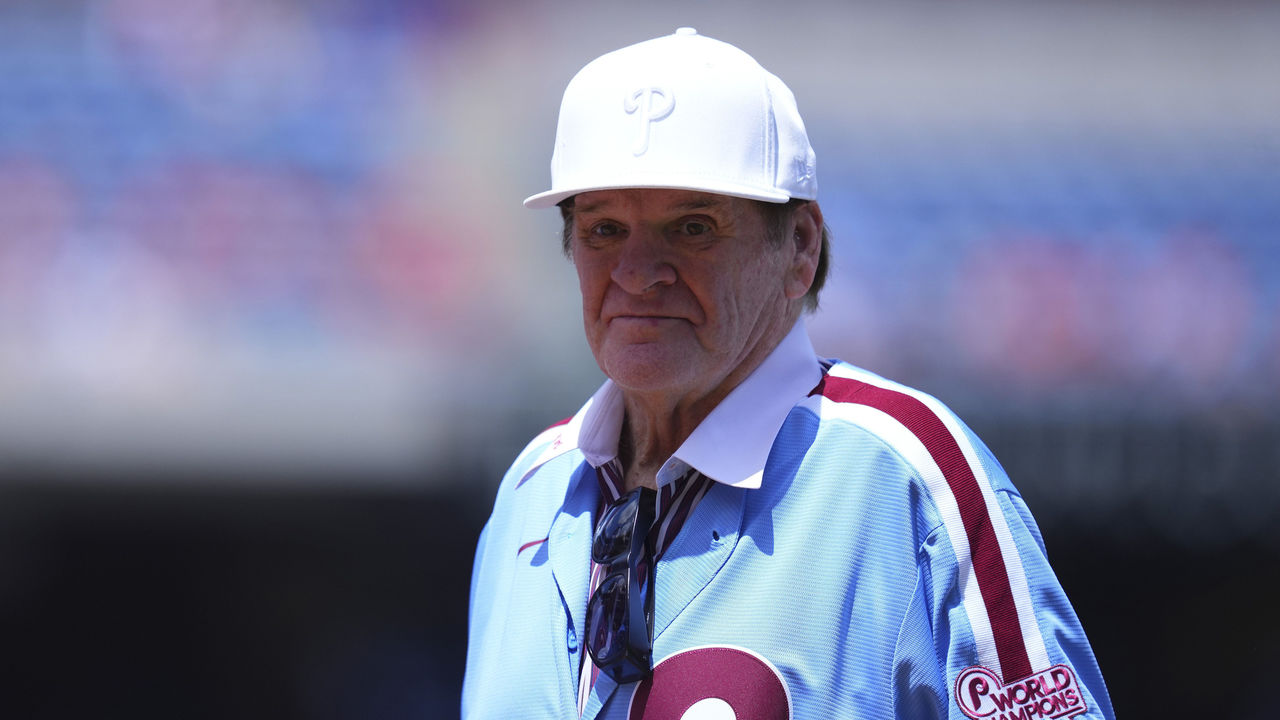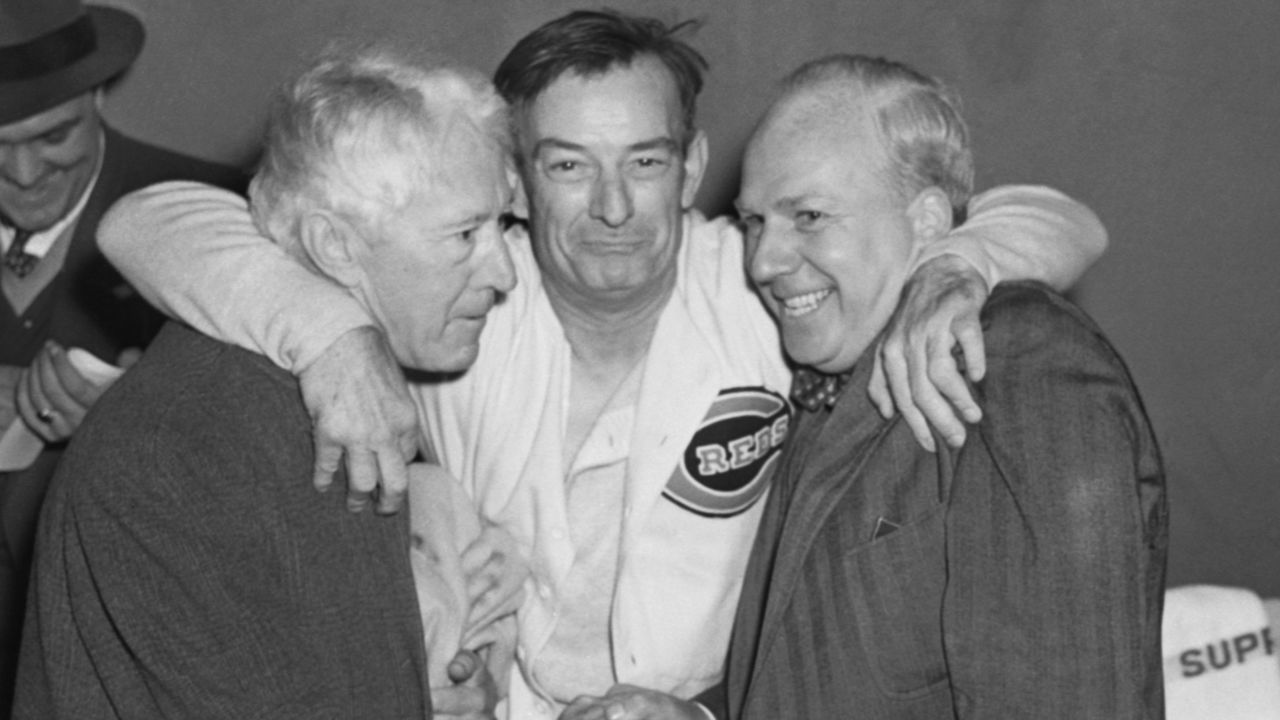Pete Rose doesn't belong in the Hall. That shouldn't change
Pete Rose's death Monday renewed the debate about whether his ban by Major League Baseball should be lifted.
Rose, 83, signed an agreement to be placed on baseball's ineligible list in 1989 after an investigation found he gambled on Cincinnati Reds games as manager of the club. The ban meant he couldn't work in pro baseball or be associated with it. The National Baseball Hall of Fame followed MLB's lead and said he couldn't be immortalized in Cooperstown, New York.
Even after signing the ban agreement, Rose wouldn't admit for another 15 years that he bet on baseball, finally acknowledging it in an autobiography. He appealed for reinstatement, but it was never granted.
Some have softened on Rose, as is sometimes the case after enough time passes.
Some argue MLB's all-time hits leader belongs in the Hall. They believe the Hall's chief purpose is to serve as a museum of the game's history. Some also cite that the Hall has enshrined others whose behavior was worse than gambling. (Of course, Rose's transgressions aren't limited to placing bets; he was accused of statutory rape in 2017 and served prison time for tax evasion in 1990.)

The newest argument in Rose's favor is tied to language.
Some are using the phrase "lifetime ban" to describe baseball's punishment, saying that Rose's death should end the ban. But Rose is on baseball's "permanently ineligible" list, which has no time limit. No person on the ban list, like Shoeless Joe Jackson, has been posthumously reinstated by MLB.
That precedent shouldn't change now.
It's more important than ever that the game protects its on-field integrity. With the proliferation of sports betting, deterrence is as important as ever.
MLB's Rule 21, which sets out the parameters of misconduct by those involved in the game, is one rule that a player, coach, or executive cannot violate. The prohibition of betting is the longest subsection. The rule is posted in plain sight in every MLB clubhouse.
On one hand, leagues are embracing the advent of legalized sports gambling. Through that lens, it may seem like maintaining Rose's exile is hypocritical.
But professional sports is an industry built upon the trust that the public can rest assured everyone involved is competing fairly and to the best of their ability.
That trust was broken in 1919 when the Chicago White Sox were found to have thrown the World Series. As a result of that scandal and other gambling-related transgressions, baseball installed its first commissioner, Kenesaw Mountain Landis, who in 1921 created the permanently ineligible list. Landis ruled 19 men permanently ineligible, 16 of whom remain on the list, including eight Black Sox players.

Rebuilding trust after that existential crisis required deterrence with bans.
"The public amputation of the eight Sox was seen as the only acceptable cure," Gene Carney wrote in his book, "Burying the Black Sox."
Former Phillies owner William D. Cox earned a spot on the list for betting on games in the 1940s.
This spring, we learned Shohei Ohtani's interpreter made $180 million in wagers over several years, draining the bank account where Ohtani's pay was deposited.
The most recent player excluded for betting on baseball was former Padres and Pirates infielder Tucupita Marcano, who joined the list earlier this year for placing 387 wagers on games in 2022 and 2023.
The NFL has given several players bans varying in length from six games to one year for violating the league's betting rules. The NBA banned Toronto Raptors player Jontay Porter after he was found to have participated in a scheme to bet on his player props.
The Baseball Hall of Fame isn't just a museum to illuminate the game's past. It's a legacy enhancer for those who earn a spot there. It's an honor. That other bad actors are enshrined doesn't mean it should keep happening.
Pete Rose's 4,256 hits can't erase that he admitted to putting the integrity of the game in question with his gambling.
A strong deterrent must remain in place to guard against our weakest impulses. In the case of baseball, it's a ban that extends beyond a lifetime.
Travis Sawchik is theScore's senior baseball writer.
HEADLINES
- Linesman departs game after collision with Avalanche's Toews
- Rockets survive Cavs after Garland misses 2 of 3 FTs with chance to win
- Fantilli: 'Special' to score 1st career hat trick in Toronto
- McDaniels goes for career-high 27 as T-Wolves outlast Mavs
- Markstrom to miss time after getting injured in crease collision